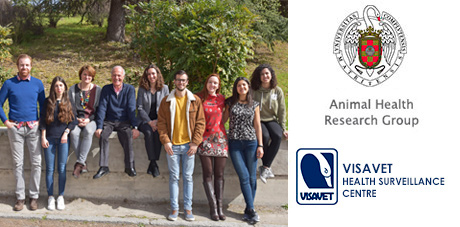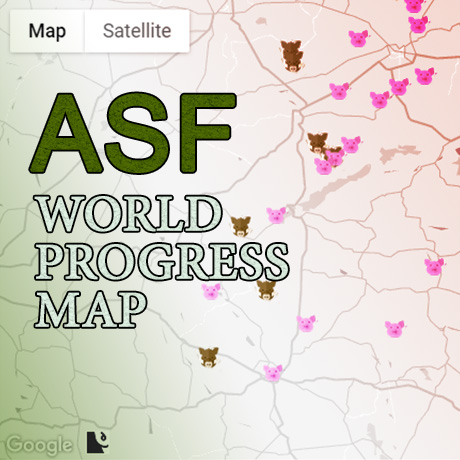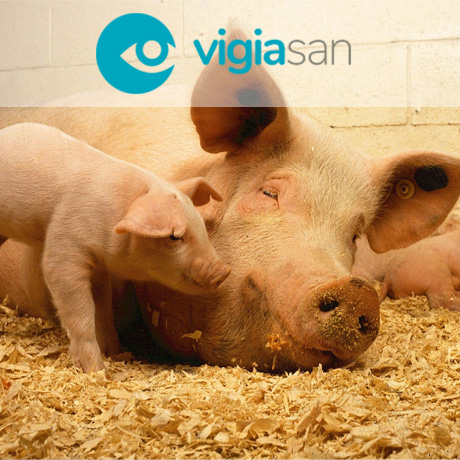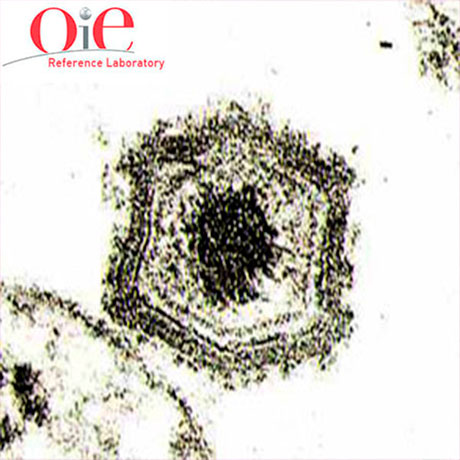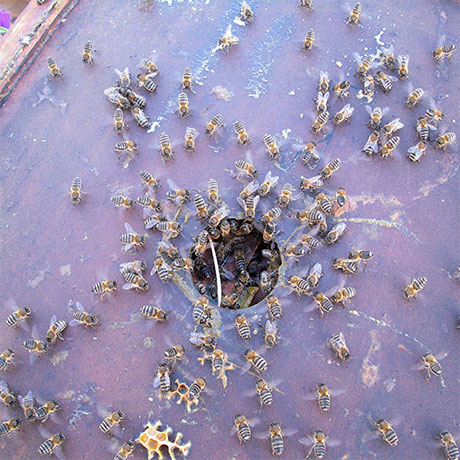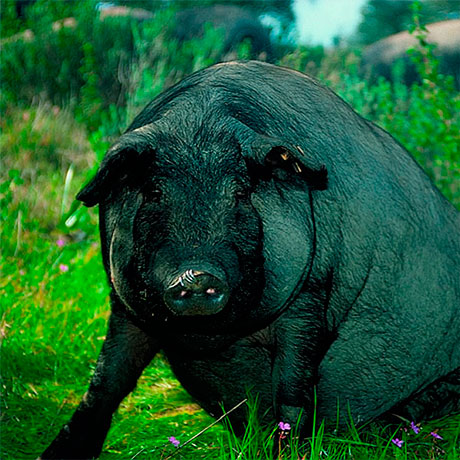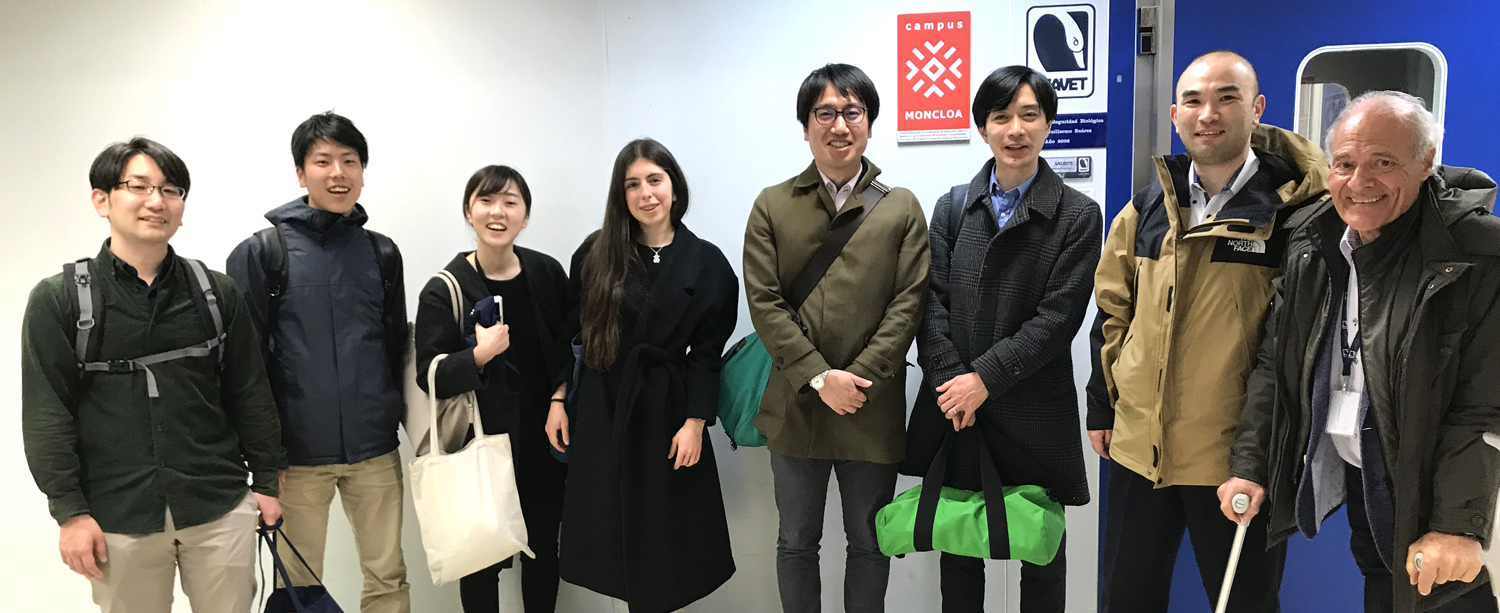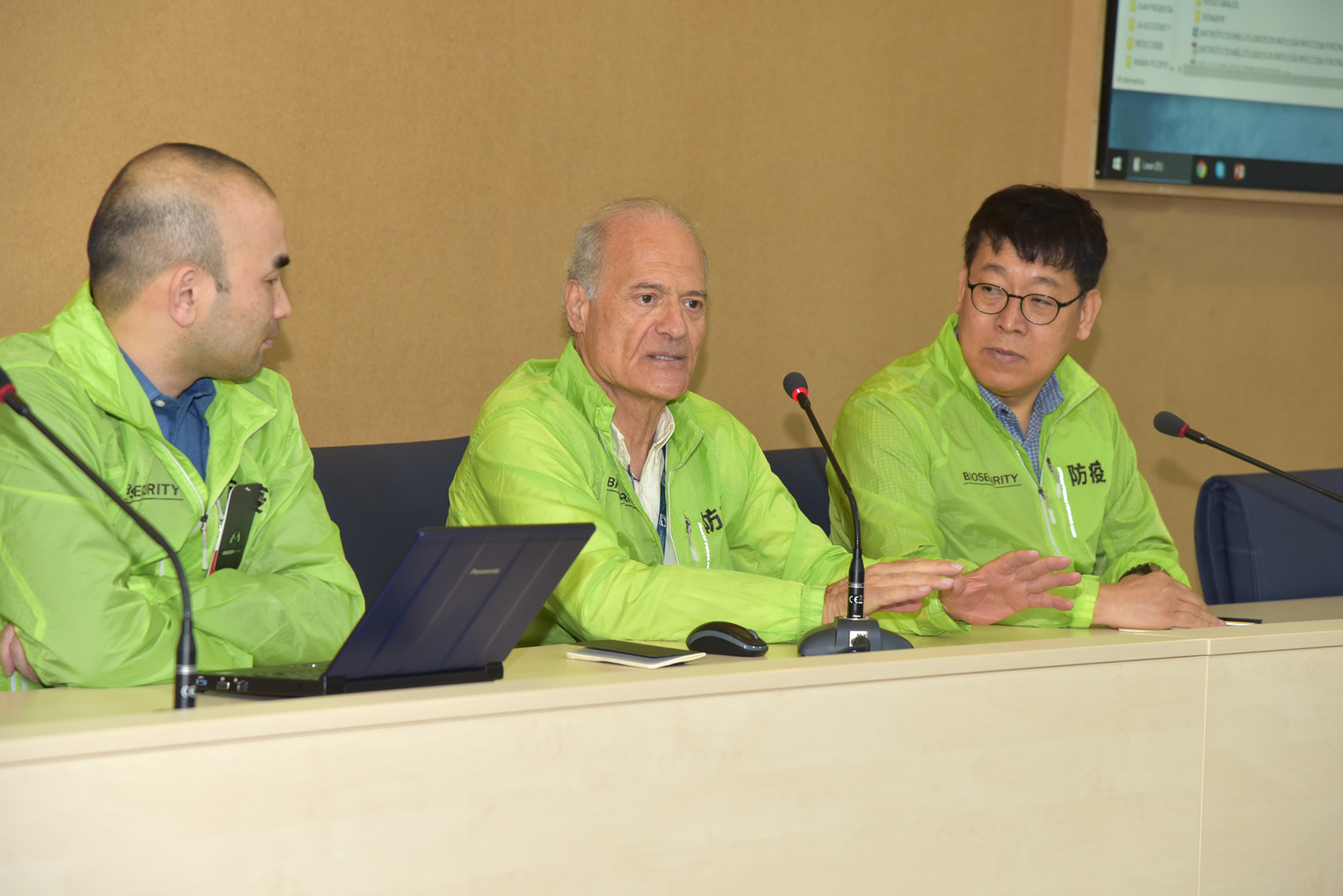WEBINAR One Health - African Swine Fever
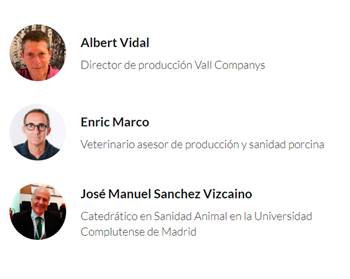 José Manuel Sánchez Vizcaíno, one of the experts who gives this Webinar on Thursday, June 11 at 7pm.
José Manuel Sánchez Vizcaíno, one of the experts who gives this Webinar on Thursday, June 11 at 7pm.
African swine fever is one of the biggest health problems for the sector. Currently the different outbreaks of the disease in Asia and even several European countries have put all producers and national administrations on alert. What are the characteristics of the disease and how can we prevent it?
Spain, ideal country for endemic bluetongue model
![]() The online Animal's Health magazine post this news about the recently published article.
The online Animal's Health magazine post this news about the recently published article.
Tuberculosis and wildlife
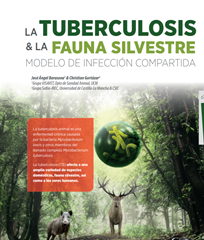 We have published a new outreach article about the shared infection model in rumiNews magazine, March 2020.
We have published a new outreach article about the shared infection model in rumiNews magazine, March 2020.
One Health: Medical-health collaboration in the face of the pandemic
On Tuesday, April 14, José Manuel Sánchez-Vizcaíno participates in the Webinar "One Health: Medical-health collaboration in the face of the pandemic".

He will be accompanied by the experts Carlos Escribano, Former Director General of Livestock of the Government of Spain and Raúl Ortiz de Lejarazu Leonardo, Virologist, scientific advisor and Director Emeritus of the National Flu Center of Valladolid.
The objective is to shed light on uncertainty and give a complete vision from the hands of three of the greatest experts in the medical-health field: What is happening, how to focus our actions and how international cooperation between different actors can mark the difference in the sector and in the business.
Webminar from The Farm, The Pig Academy and 333 Corporate.
Watch the full record here: https://event.webinarjam.com/t/click/3v184hlt2tztx1h7vilf0
Intensive training on a practical African Swine Fever
From March 2 to 5, 2020 an intensive course on the control of ASF was given in VISAVET to participants from Japan and Korea.
The speaker was the Professor José Manuel Sánchez-Vizcaíno with the collaboration of José Ángel Barasona, Jaime Bosh, Sandra Barroso, Cecilia Aguilar, Estefanía Cadenas and Marta Martínez.
The Japanese participants were members of the Minister Ministry of Agriculture (MAFF), from the Animal Health Division and the Animal Quarantine Service, researchers from the National Institute of Animal Health and one Professor from the Hokkaido University. The Korean delegate belongs to the Ministry of Agriculture.
The objective was to give a scientific and practical update adapted to Japan and Korea about different points related to the diseases such as the main risk points to consider as a country and as a farm, the early detection in domestic pigs and wild boar, the importance of the laboratory diagnosis and results interpretation, the epidemiological surveys and practice on the questionnaire, the role of wildlife in the epidemiology of ASF and model for its control as well the contingency plans.
The delegates feed-back have been very positive.
José Manuel Sánchez-Vizcaíno LIVE Interview on Instagram
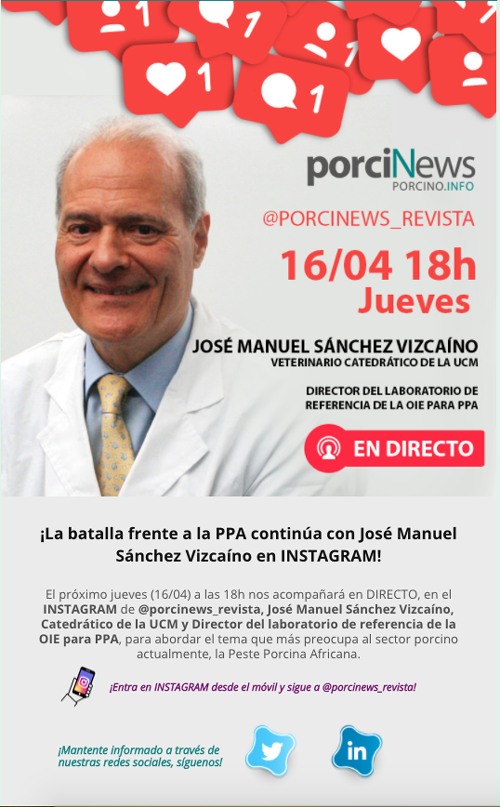 On Thursday April 16 at 6pm José Manuel Sánchez-Vizcaíno participated in a LIVE Interview on Instagram.
On Thursday April 16 at 6pm José Manuel Sánchez-Vizcaíno participated in a LIVE Interview on Instagram.
He addressed the issue that most concerns the pig sector, the ASF.
Video interview:



